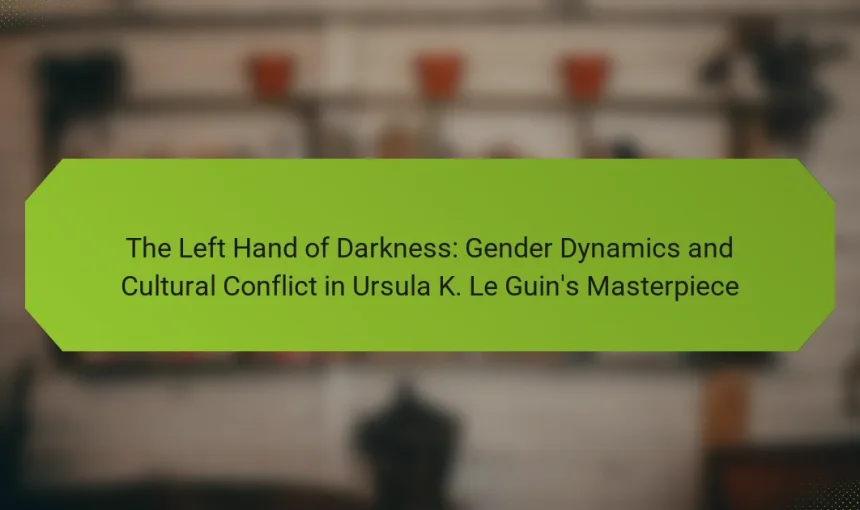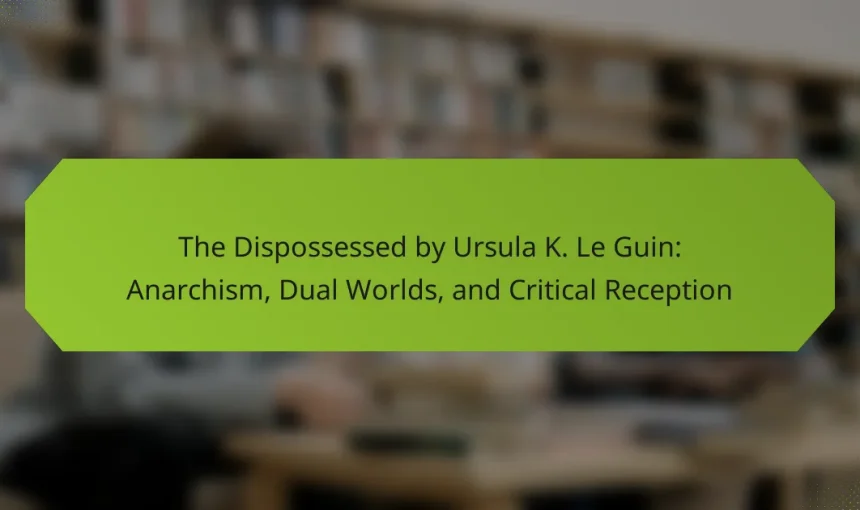Ursula K. Le Guin’s “The Left Hand of Darkness” challenges traditional gender norms through the androgynous Gethenians and their fluid identities. The novel explores cultural conflicts arising from these dynamics and the political struggles between Gethen’s nations. Key themes include the complexity of identity, the impact of societal expectations, and the implications of cultural relativism. […]
Neuromancer is a pivotal work in science fiction that explores advanced technology, artificial intelligence, and corporate control. It features defining cyberpunk elements like a dystopian future and a gritty urban landscape. The novel’s influence is evident in contemporary media, shaping themes of identity and the human-machine interface. Its legacy continues to inspire discussions on technology’s […]
Ursula K. Le Guin’s “The Dispossessed” explores the complexities of anarchism and societal structures. It contrasts the anarchist world of Anarres with the capitalist society of Urras. The narrative critiques both systems while highlighting themes of freedom and oppression. Its critical reception underscores its significance in feminist and political discourse within science fiction. How does […]
“The Hitchhiker’s Guide to the Galaxy” offers a unique exploration of humor, absurdity, and philosophical insights. It employs satire to critique society and technology, while characters navigate existential questions. The narrative’s distinctive style blends comedic elements with profound themes, influencing popular culture and sparking discussions on the human condition. This article delves into the book’s […]



